Cork-based researcher is working to accelerate breast cancer diagnosis
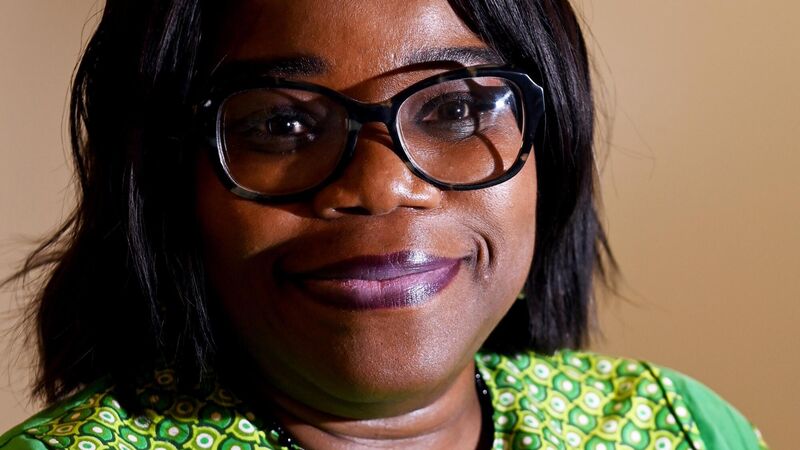
Dr Justina Ugwah, Clisteprobe taking part in the Enterprise Ireland New Frontiers Programme at the Rubicon in MTU . Picture; Eddie O'Hare



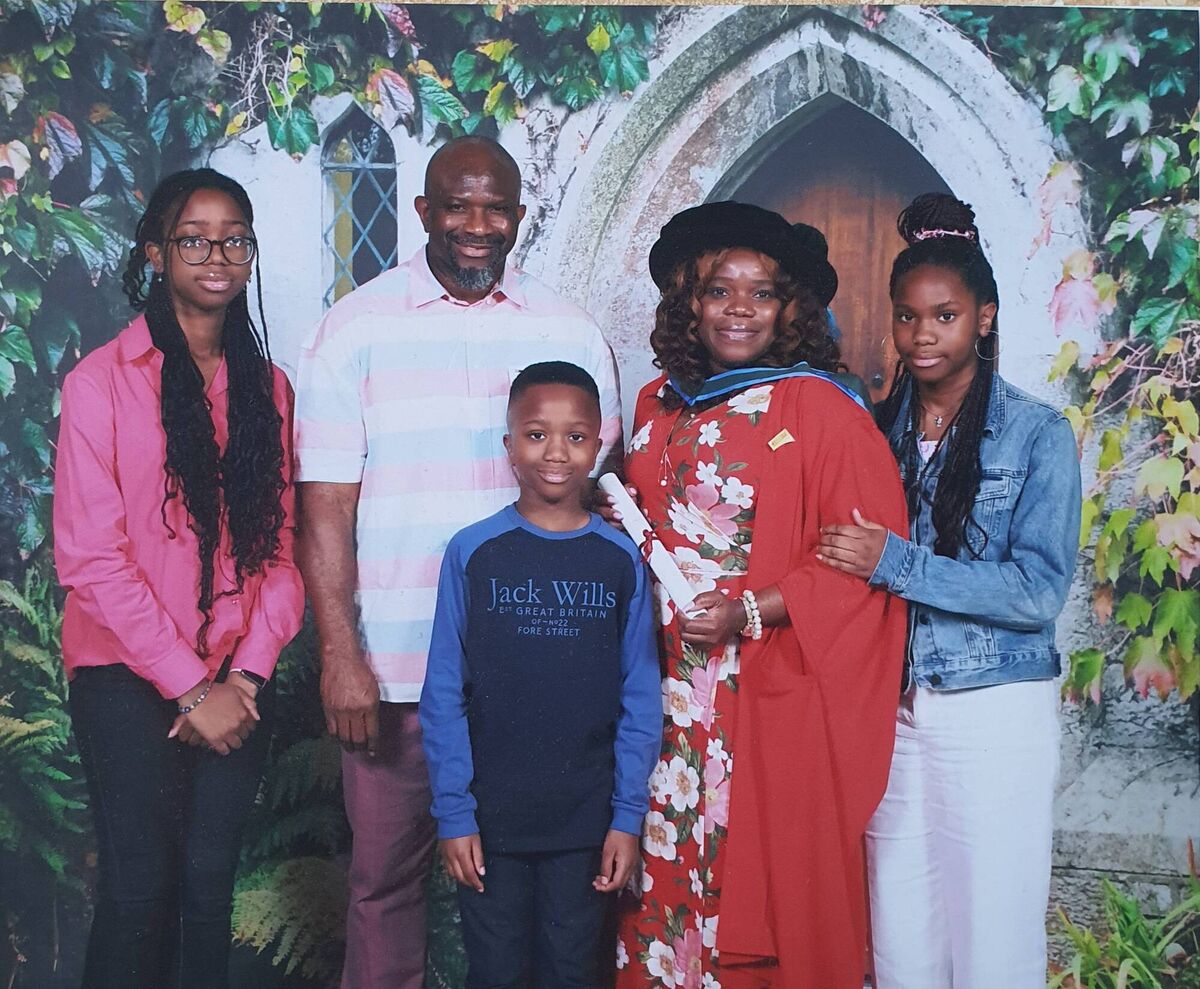
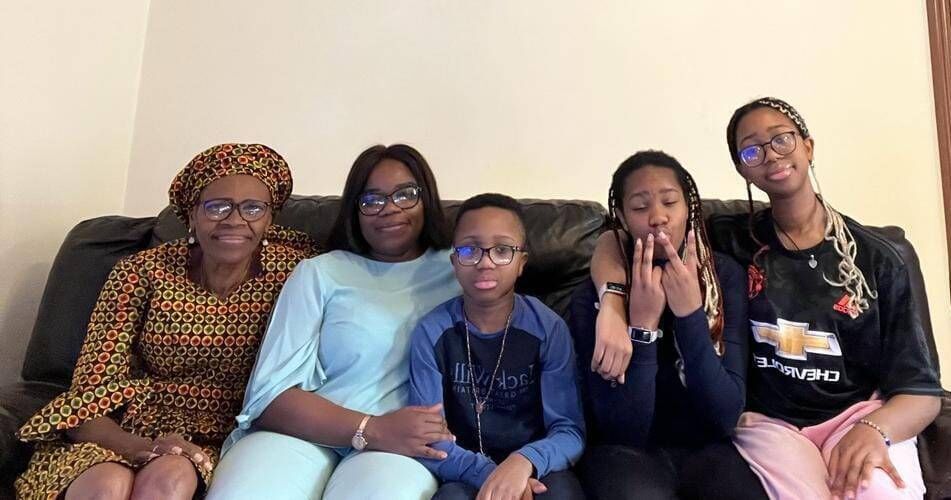

Over the coming weeks, Linda Kenny will also interview the other seven women taking part in the New Frontiers programme in the Rubicon:
Angela Nagle of BladeBridge
Claire Keane of Second Street Bakeshop
Clodagh Ryan of CRAOI
Kate and Rebecca Popova of Everywhere English
Mary O’Riordan of HaPPE Earth
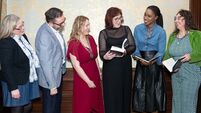


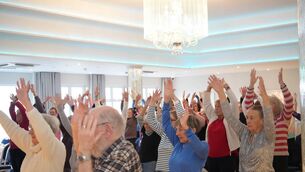



 App?
App?


